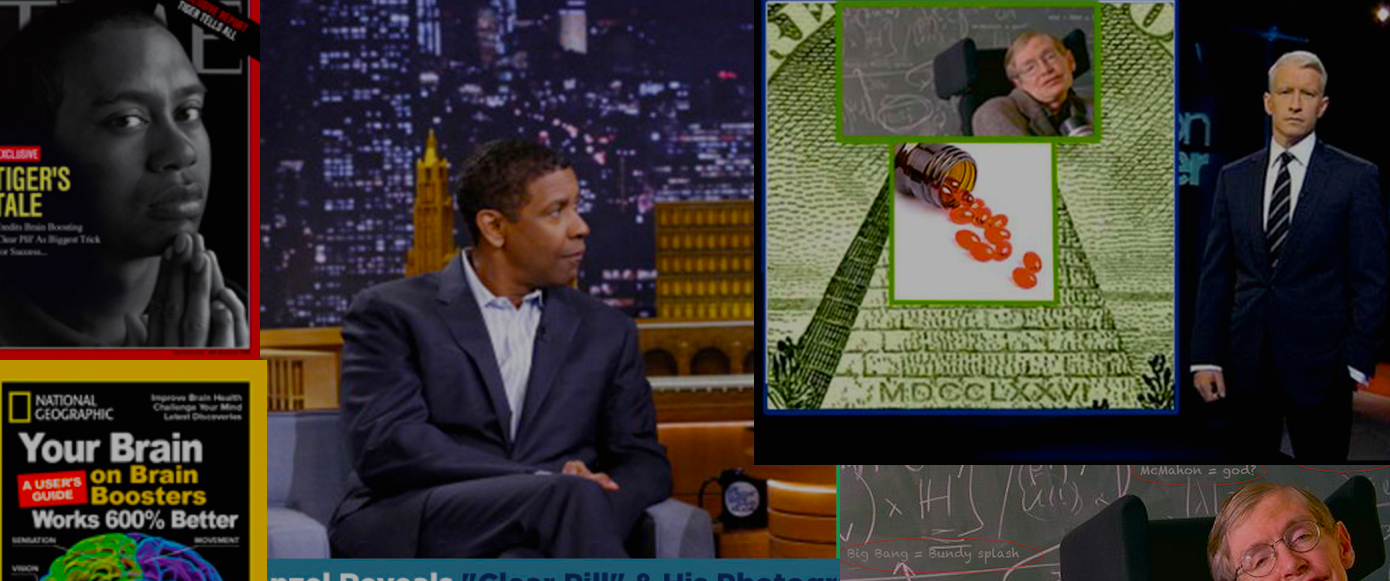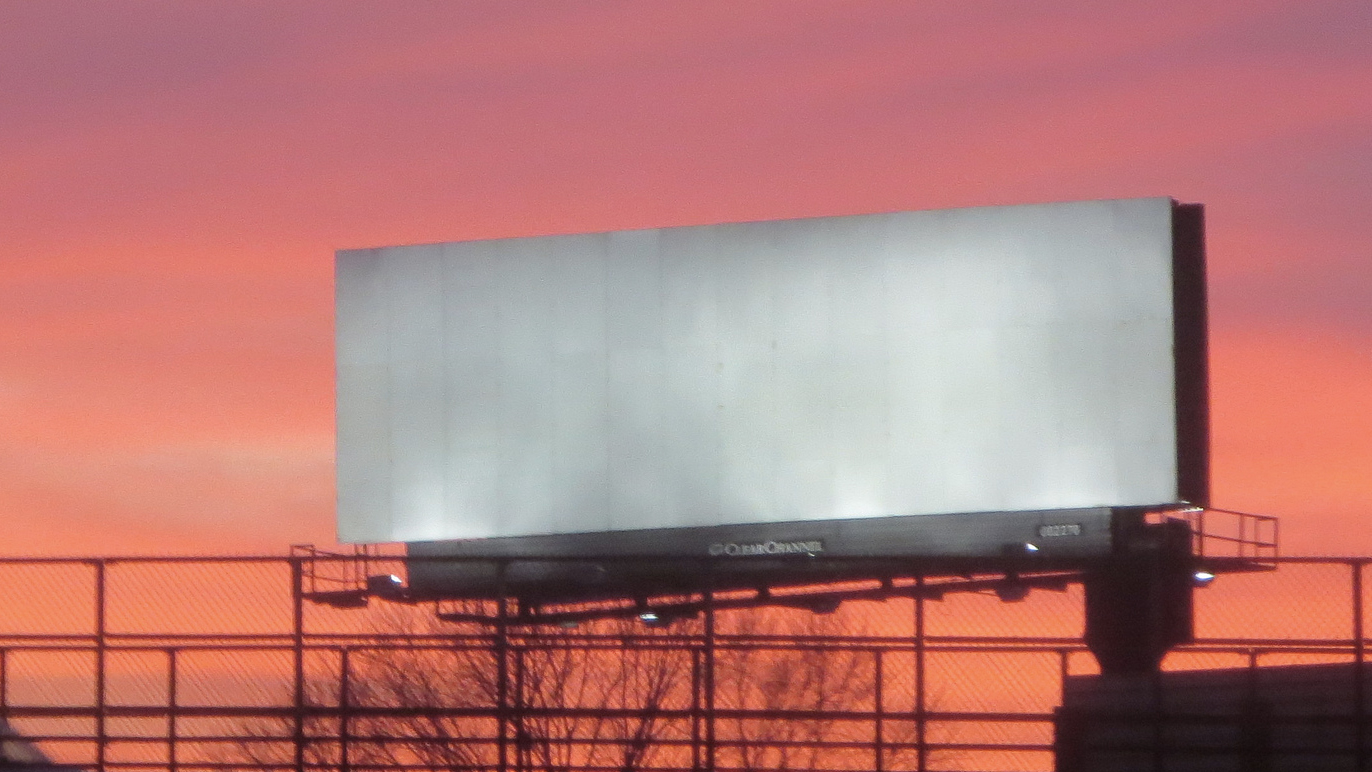For years, marketers of sketchy dietary supplements have cooked up fake news websites and used bogus “reporters” to push their product online. But we stumbled on one site that quadruples down on the fiction, attributing utterly made-up endorsements to bona fide stars of stage, screen, sports, and science. [More]
badvertising

Ad Watchdog Once Again Asks Comcast To Stop Boasting About Having Fastest Internet & In-Home WiFi
Last summer, an independent ad industry watchdog group recommended that Comcast put an end to questionable claims that it offers the “fastest internet in America” and the “fastest in-home WiFi,” but the ever-stubborn Comcast refused to abide by that decision and appealed… only to once again be told to just give it up already. [More]
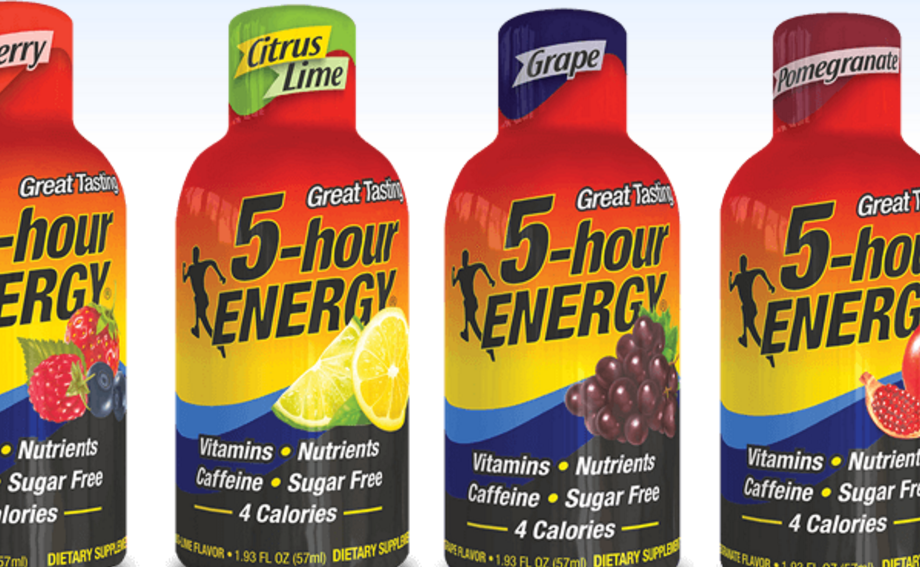
5-Hour Energy Ordered To Pay $4.3 Million For Deceptive Ads
Four months after a Washington state court ruled that the maker of the popular 5-Hour Energy drink had misled consumers into believing that its product was superior to caffeine, the judge has ordered the company to pay a total of $4.3 million. [More]
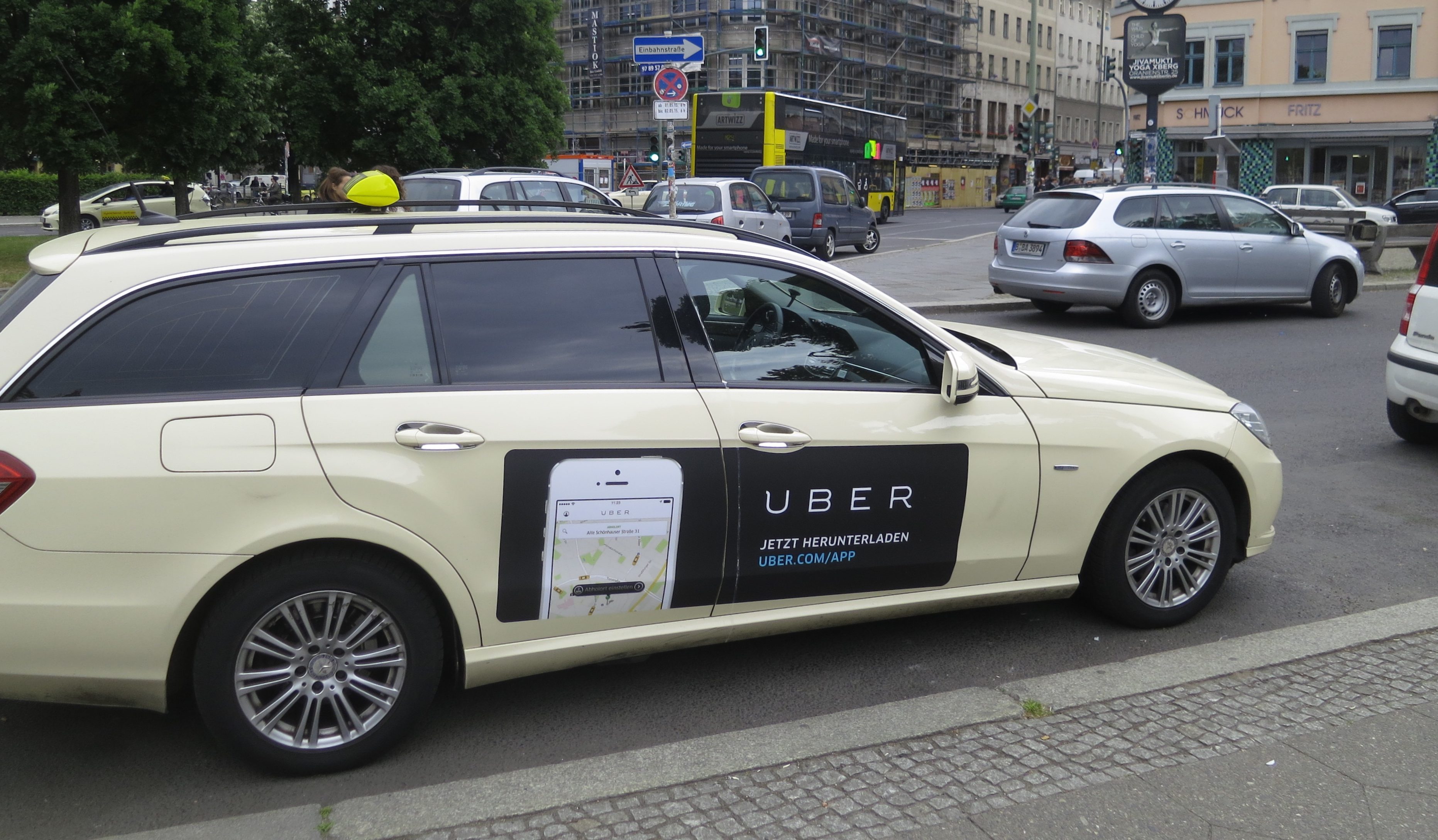
Uber Ordered To Pay $20 Million For Allegedly Exaggerating Drivers’ Potential Earnings
Popular ride-hailing service Uber has agreed to pay $20 million to close the book on federal charges that it used misleading and exaggerated earnings figures to attract new drivers to work with the company. [More]
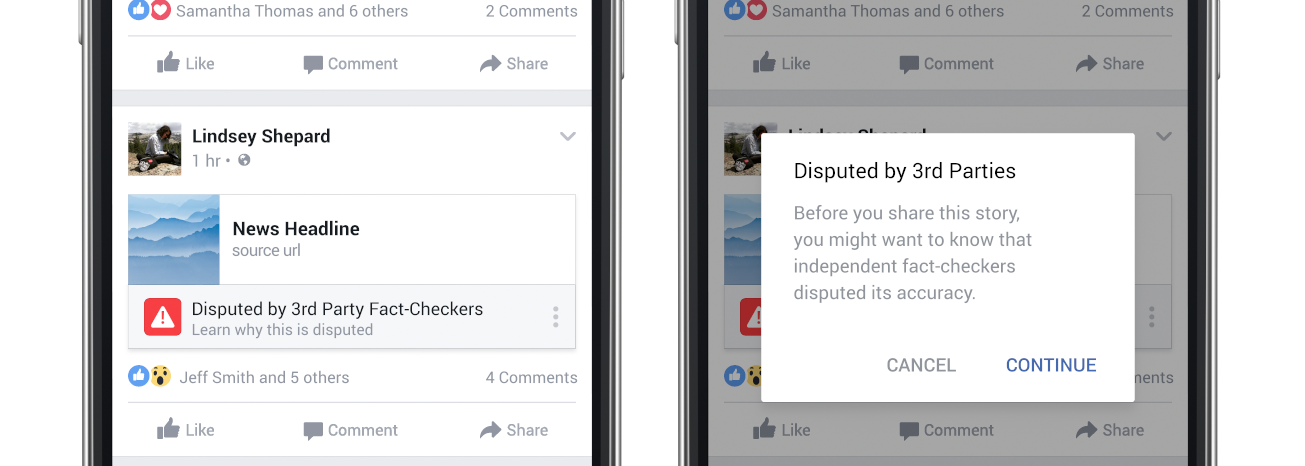
Facebook To Work With Fact-Checkers, Let Users Flag Fake News Stories As “Disputed”
If you’re sick of seeing your friends from high school sharing outrageously untrue news items that are clearly hoaxes, or originally posted on websites with names like “HawtClikzNowAmerica!” or “biznoosclickstore.nz.bike,” you may soon have a new tool to help flag this sort of nonsense. [More]
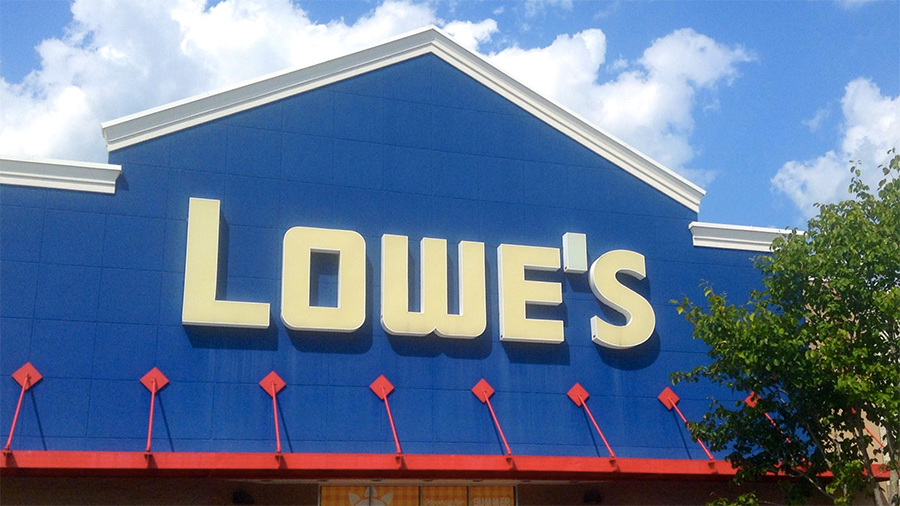
Ad Watchdog: Lowe’s Should Clarify That Major Appliances Sale Excludes Most Brands
An annoyed customer brought a Lowe’s appliance ad to the attention of the National Ad Division, a self-regulation program for advertisers run by the Council of Better Business Bureaus. Their complaint? An ad promoting “20% off appliances $396 or more at Lowe’s” was largely untrue, except for the parts that said “appliances” and “Lowe’s.” [More]

Is It Time To Get Serious About Cracking Down On Stealth Instagram Ads?
If you’ve used Instagram, you’re almost certainly familiar with apparently real people touting tummy-flattening tea, an array of subscription boxes, the benefits of some multilevel marketing scheme, or the latest in fashion, beauty, and electronics. If these people are being paid to shill these products, then they have to clearly be flagged as ads. Though the Federal Trade Commission has pledged to get serious about going after advertisers who taint your Instagram feed with these stealth ads, some consumer advocates say the FTC simply isn’t doing enough. [More]
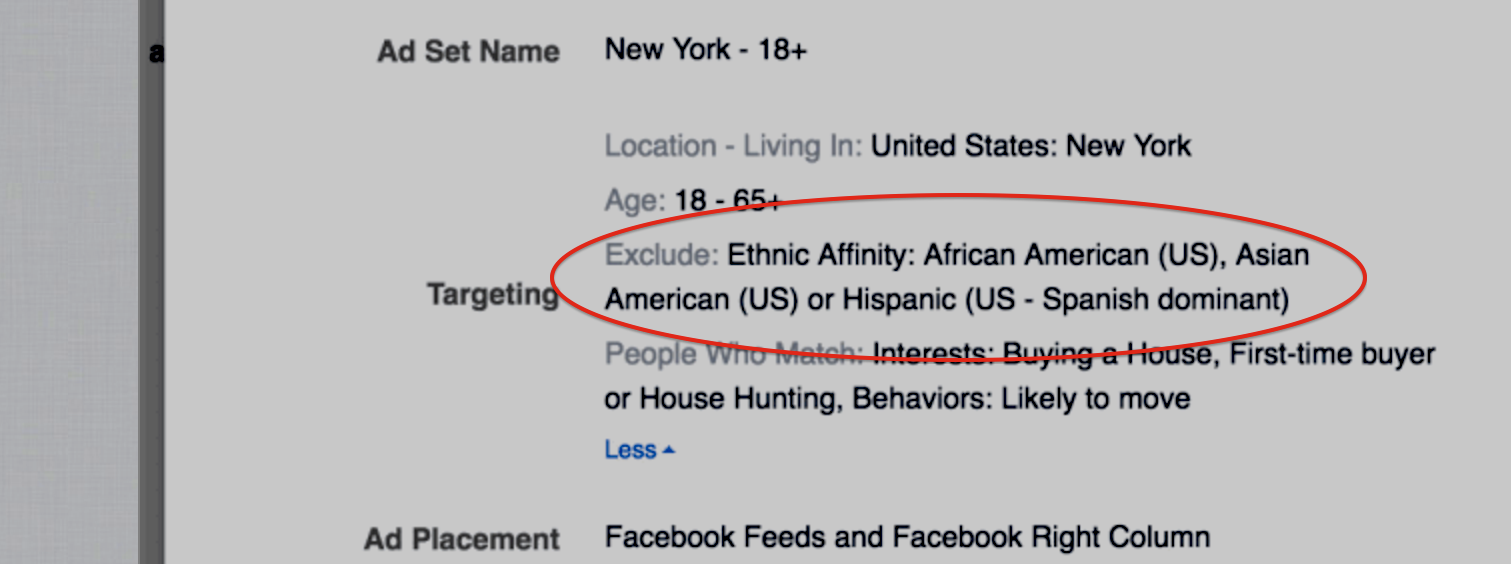
Facebook Tweaks Its “Ethnic Affinity” Advertising Feature To Address Discrimination Concerns
After coming under fire for allowing advertisers to use race-related information to exclude entire swaths of Facebook users from seeing an ad, the social media company has decided to tweak this feature to address concerns that it could be used to illegally discriminate against people based on their perceived ethnicity. [More]

Feds Accuse NetSpend Of Misleading Customers About Prepaid Debit Cards
NetSpend, one of the nation’s largest providers of prepaid debit cards, has been accused of violating federal law for allegedly misleading users into believing that funds loaded onto these cards will be available immediately, while some users say they had to wait weeks or were never able to access their funds. [More]

Facebook Allows Advertisers To Exclude Users Based On “Ethnic Affinity”
Advertisers have always targeted their marketing to the demographic most likely to be interested in their product, but is there a difference between running an ad that you know will probably mostly be seen by people who fall into just one ethnic group and an ad that actively excludes people outside of that group? [More]
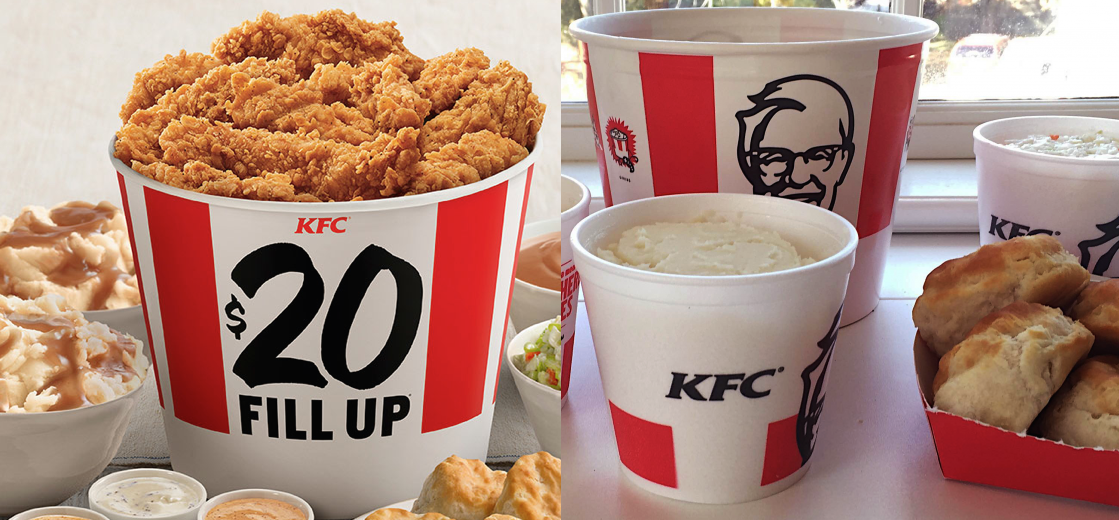
$20 Million Lawsuit Accuses KFC Of Misleading Ads For “Family Fill Up” Meals
The ads for KFC’s Family Fill Up meal show an overflowing bucket of fried chicken, but the reality of what you get with your order may not be so bountiful. A KFC customer in New York is suing the fast food chain for $20 million, accusing it of deliberately misleading customers about how much chicken they get with this offer. [More]
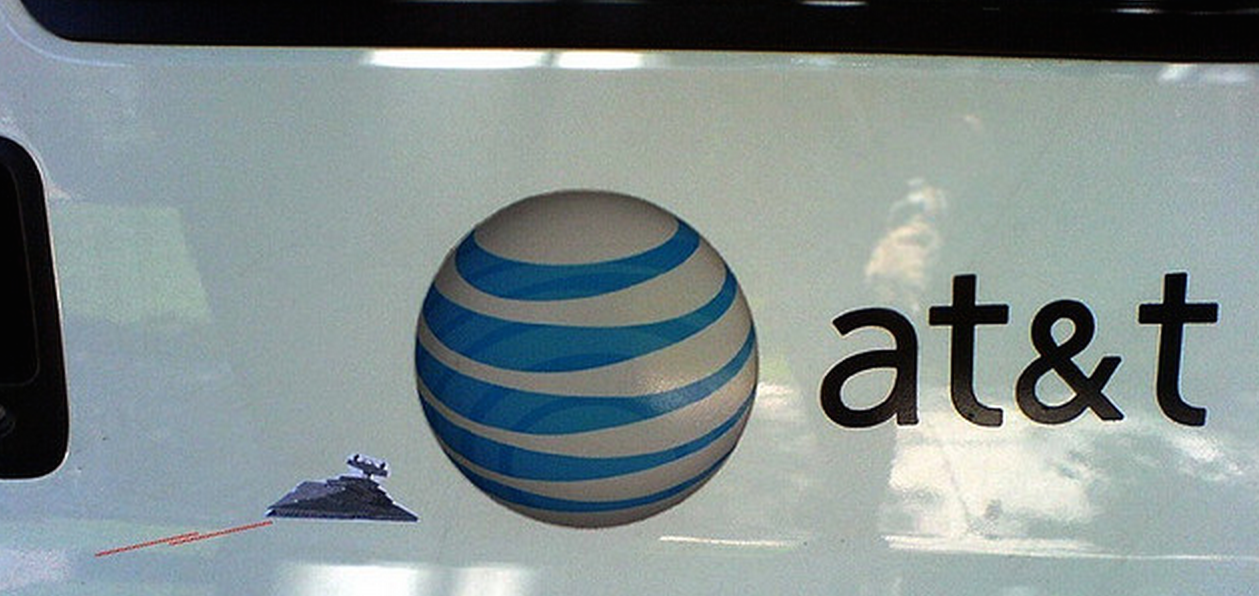
If FTC Can’t Resurrect Lawsuit Over AT&T’s “Unlimited” Data, Telecoms May Be Even More Untouchable
In August, an appeals court threw out the Federal Trade Commission’s lawsuit against AT&T over the way it marketed its “unlimited” data plans (which were anything but unlimited). Now the FTC is taking its case up the legal ladder, making the case that if it’s not allowed to sue AT&T, then all phone and internet providers can more easily get away with deceptive business practices. [More]

5-Hour Energy Loses One Deceptive Advertising Case; Wins Another
More than two years ago, the attorneys general for Washington and Oregon each filed separate (but very similar) deceptive advertising claims against the makers of the popular 5-Hour Energy drinks, alleging that the ads misled consumers into believing that doctors recommend the product, and that the combination of ingredients provides some sort of benefit that is superior to just drinking coffee. In the last few days, judges in both those cases came to very different decisions. [More]

Doctor Who Endorsed Sketchy Joint Pain Supplement Failed To Mention She Was Married To Company’s Owner
When you turn on the TV and there are one of those infomercials that pretend to be a talk show, you’re probably justified in questioning the bona fides of anyone endorsing the product being sold. Case in point: A joint pain supplement that not only made unsubstantiated claims about being able to treat medical conditions like fibromyalgia and rheumatoid arthritis, but which failed to mention that the doctor endorsing the supplement also just happened to be married to the company’s owner. [More]


